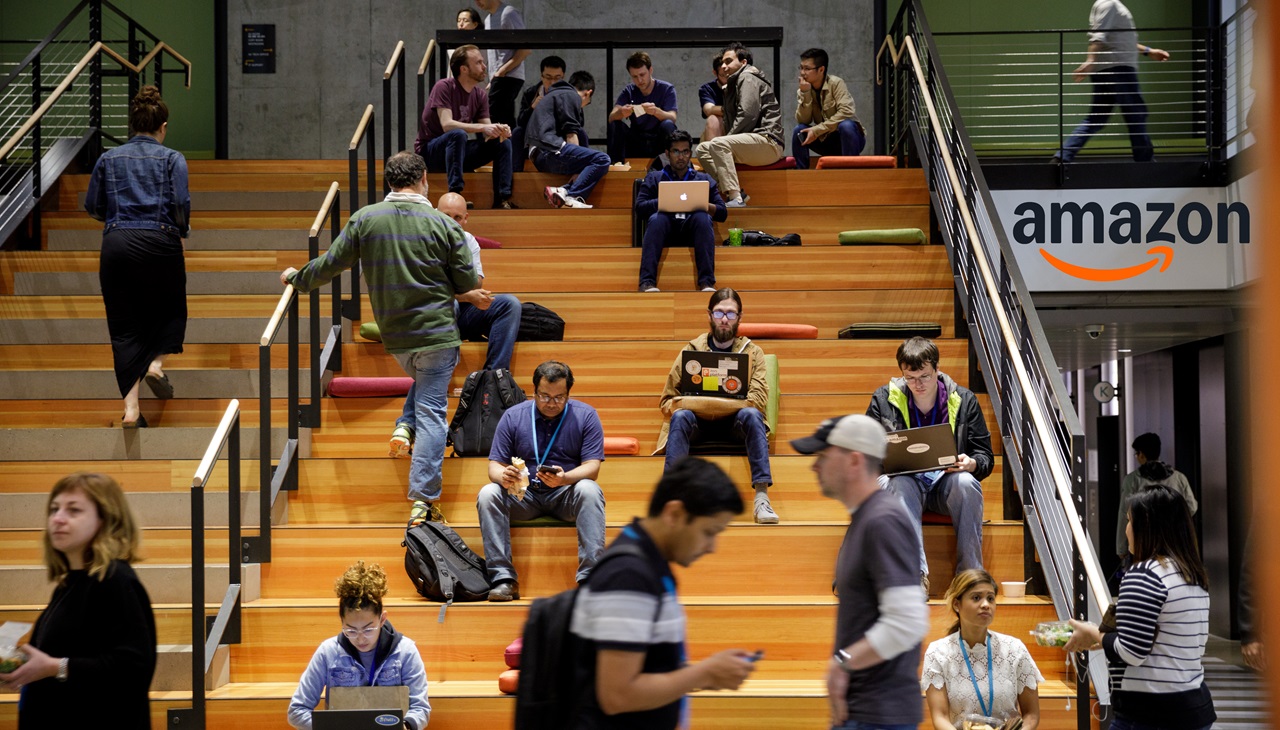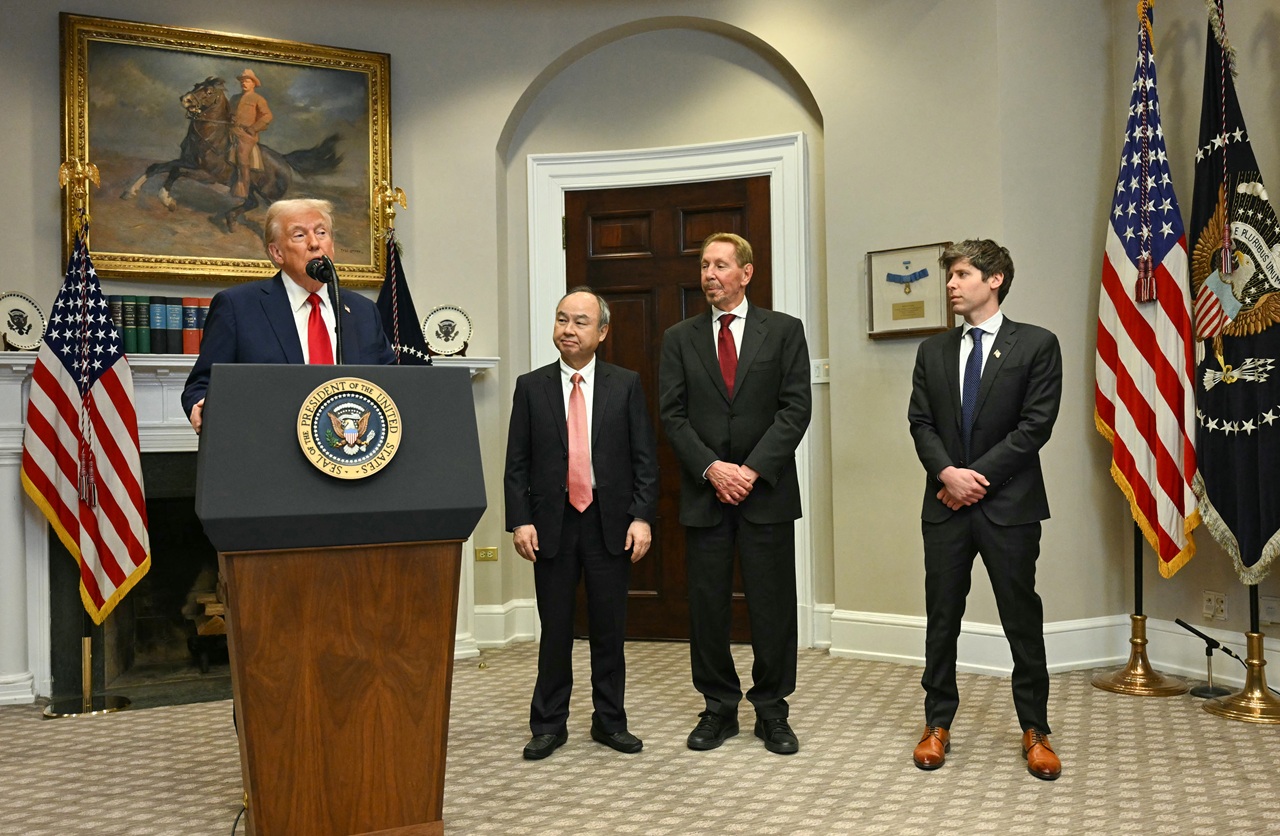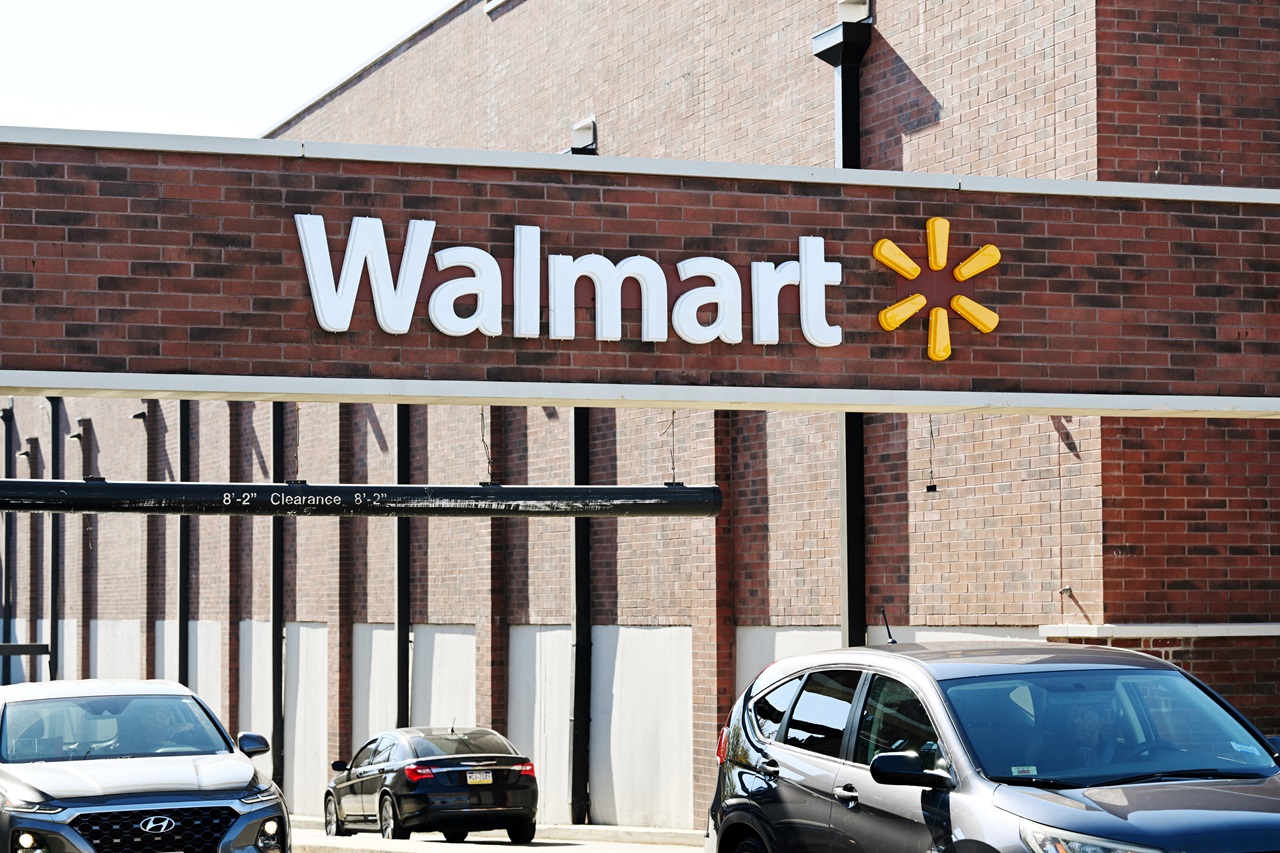
Back to the office! Amazon's new strategy
As of January 2, 2025, there will be a big change at Amazon: everything will return to normal, at least to pre-pandemic normality.
This was the announcement made by Andy Jassy, CEO of the company, in an email distributed to all employees on Monday.
For the executive, this decision is vital for "being better set up to invent, collaborate, and be connected enough to each other and our culture to deliver the absolute best for customers and the business".
According to Jassy, "When we look back over the last five years, we continue to believe that the advantages of being together in the office are significant. (...) We’ve observed that it’s easier for our teammates to learn, model, practice, and strengthen our culture; collaborating, brainstorming, and inventing are simpler and more effective; teaching and learning from one another are more seamless; and, teams tend to be better connected to one another. If anything, the last 15 months we’ve been back in the office at least three days a week has strengthened our conviction about the benefits."
The debate immediately flared up on social networks and in the media, because this is the biggest technological company of all, and it is a hard blow for those convinced of the benefits of remote work.
CONTENIDO RELACIONADO
Basically, Amazon putting the last nail on the coffin for remote work in big tech. Unsurprisingly, it was just a pantomime to hire in competitive landscapes when talent demand was high.
— Àlex @ Mars 🚀 (@lexrodba) September 16, 2024
They used all of you. Tricked you into thinking they're cool.https://t.co/QUf0LaVdeM
For Jassy, it's a matter of "culture": that is, the way we permanently act in the face of today's major business challenges. The premise is devastating: in the goal of achieving positive results, it is more efficient to encourage face-to-face conversation and interaction rather than saving employees' travel time.
This tension will be the subject of much discussion in the coming months, as many will consider the measure to be a step backwards in terms of comfort for employees.
Companies are facing enormous challenges in today's world. The speed at which things happen could lead one to think that the capacity to react depends on the amount of technology involved, which allows, as Marx would say, the intensification of work. That is why it is surprising that one of the big techs should decide to make this bet.
It is necessary to insist that the premise is revealing: technological progress and innovation come from human interaction, not from greater technological implementation. Paradoxical, but clarifier. We must go back to the office!










DEJE UN COMENTARIO: